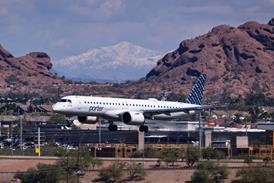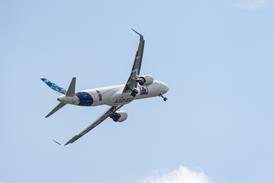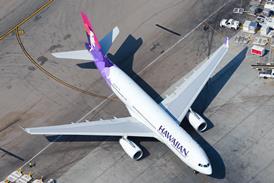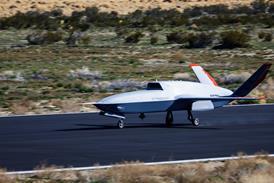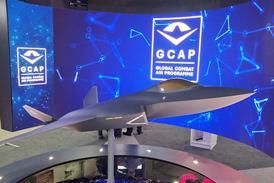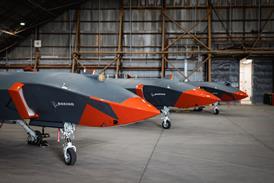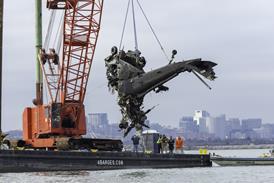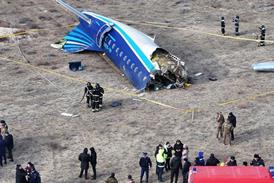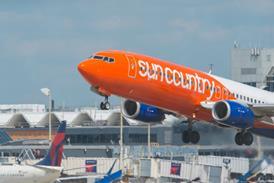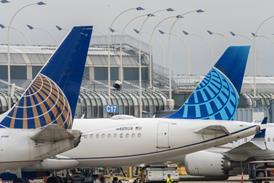The head of capability for the Royal Australian Air Force says his service has no qualms about the reliability of its US-made Lockheed Martin F-35A fighters.
Speaking at the Avalon air show near Melbourne on 27 March, Air Vice-Marshal Nicholas Hogan brushed off concerns raised by allied F-35 operators in Europe and Canada about whether Washington has the ability to remotely disable the stealthy jets.
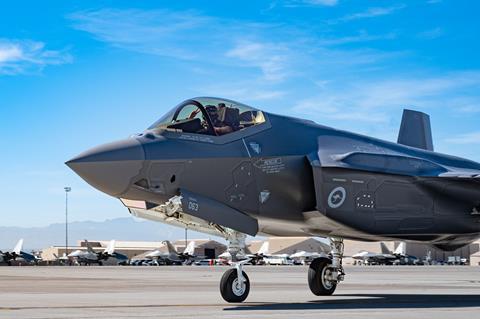
Unsubstantiated rumours have swirled for weeks about such a capability, colloquially dubbed the “kill switch”, which American political leaders could deploy to cajole, threaten or punish uncooperative allies.
“I’m very comfortable we understand all of the aspects of the F-35,” Hogan says. “There is no kill switch.”
The air vice-marshal’s comments echo a similarly emphatic statement from the Pentagon’s F-35 Joint Program Office (JPO) issued just before the start of the Avalon show on 18 March.
Several defence officials from European F-35 operators, including Belgium and Switzerland, have also denied the existence of any remote tampering or control capability.
However, Portuguese defence minister Nuno Melo also raised the separate issue of the F-35 being reliant on US support for sustainment and modernisation, suggesting in a 13 March interview with Publico that Washington could bring “limitations in use, maintenance, [or] components” necessary to keep the jet mission capable.
The JPO has downplayed that concern, saying the programme operates under “well-established agreements that ensure all F-35 operators have the necessary capabilities to sustain and operate their aircraft effectively”.
Hogan seems to support that assessment, noting in his remarks at Avalon that the F-35 uses a global sustainment network, rather than everything being sourced from the USA.
“There’s many countries that are contributing to the sustainment of the platform,” Hogan says. “I’m not concerned at all for the sustainment long-term of F-35. I don’t have any issues.”
While Australia’s confidence in the crucial US relationship apparently remains unequivocal, other allies have started to question Washington’s commitment to the principles of collective security.
Going even further, several suggest that fielding an American-made fighter like the F-35 leaves them vulnerable to unpredictable swings in US domestic politics.
Melo said Portugal is now re-evaluating its interest in joining the F-35 programme, as Lisbon seeks a replacement for its fleet of ageing Lockheed Martin F-16As.
In Canada, defence minister Bill Blair says Ottawa is looking into possible alternatives for at least some of its planned $14 billion buy of 88 F-35As, after the country has endured weeks of bullying by US President Donald Trump and veiled threats about absorption into the USA.
While German defence minister Boris Pistorious on 22 March quashed earlier calls from a labour union leader at Airbus Defence & Space to cancel Berlin’s F-35 order, French President Emmanuel Macron has called upon fellow European leaders to ditch American defence purchases and instead by from EU firms.
“Those who buy the F-35, should be offered the Rafale,” Macron said to Le Parisien, referring to the signature fighter offering of French airframer Dassault.
For its part, Australia seems to be sticking with its commitment to American hardware, although Canberra is seeking to build out its own domestic production capability for uncrewed aircraft and precision munitions.


